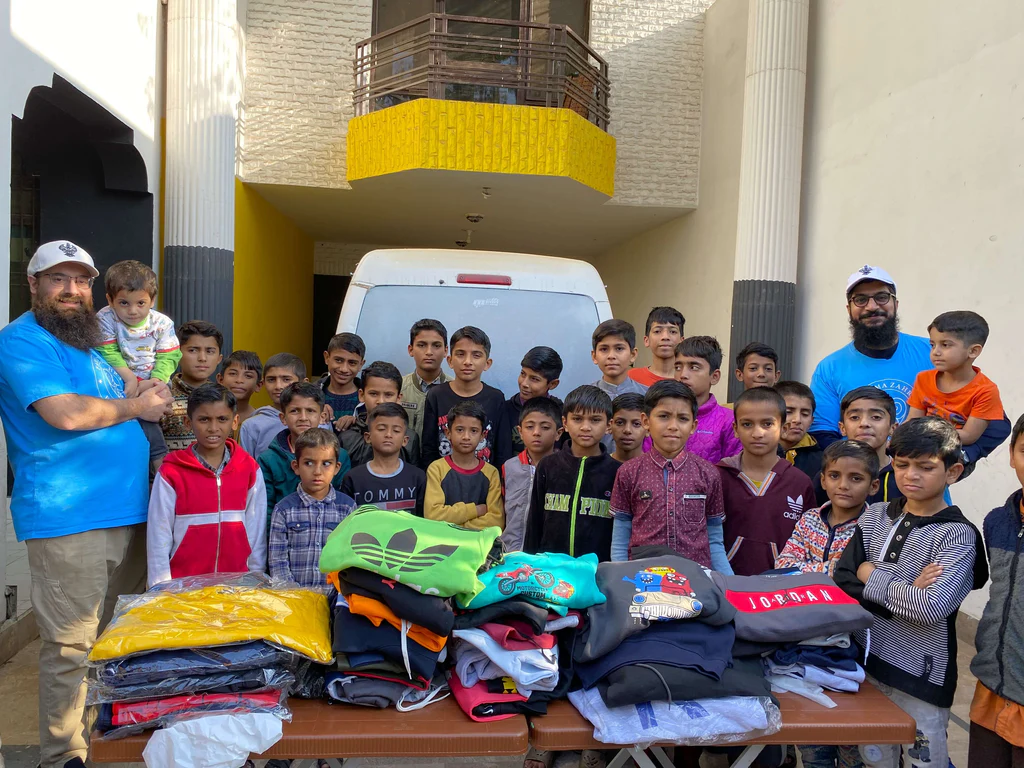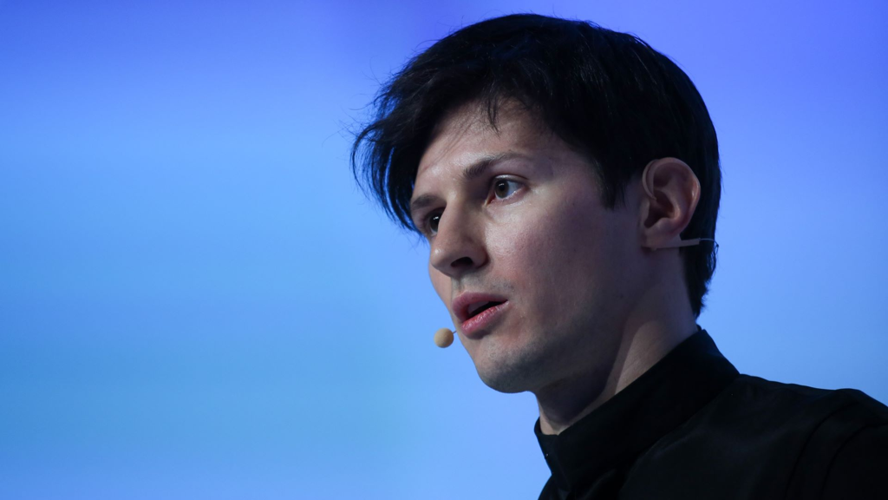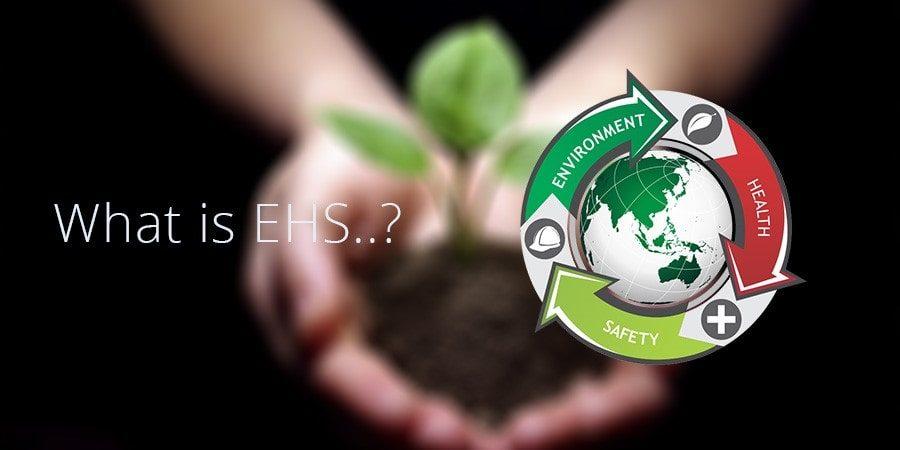Gender Equality and Children Rights in Pakistan

Children rights in pakistan are deeply intertwined with the broader struggle for gender equality and social justice. In a country where nearly half of the population comprises children, ensuring their protection, empowerment, and equal opportunities is not just a moral responsibility—it is a national priority. Unfortunately, many children, especially girls, continue to face challenges such as discrimination, poverty, lack of education, and violence.
Achieving gender equality and upholding children’s rights in Pakistan requires collective action from the government, NGOs, and society at large. Organizations like SOS Children’s Villages Pakistan have been working tirelessly to bridge these gaps by providing safe homes, quality education, and equal opportunities for all children—regardless of their gender or background.
This blog explores the relationship between gender equality and children’s rights in Pakistan, the challenges that persist, and the steps being taken to build a more inclusive and equitable future.Children’s rights are the fundamental human rights that ensure every child’s survival, development, protection, and participation in society. These rights are enshrined in the United Nations Convention on the Rights of the Child (UNCRC), which Pakistan ratified in 1990.
The UNCRC defines key principles such as:
- The right to life, health, and education.
- Protection from abuse, exploitation, and neglect.
- Equal opportunities for all children, regardless of gender, ethnicity, or social class.
- The right to express opinions and be heard.
In Pakistan, these rights are recognized under various national laws and policies. However, the gap between legislation and implementation remains wide. Social norms, poverty, and gender biases continue to prevent children—especially girls—from fully enjoying these rights.
The State of Gender Equality Among Children in Pakistan
Gender inequality in Pakistan starts early in life. Many girls are denied the same opportunities as boys simply because of their gender. This inequality affects nearly every aspect of a child’s life, including access to education, healthcare, and protection.
According to UNICEF and other child welfare organizations:
- Over 5 million school-age girls are not enrolled in school.
- Early and forced marriages remain prevalent, especially in rural areas.
- Girls have limited access to healthcare and nutrition.
- Gender-based violence and discrimination remain serious issues.
In contrast, boys are often burdened with the expectation to earn a living at a young age, leading to child labor and the loss of educational opportunities. Both genders, therefore, suffer from different yet equally harmful societal pressures.
Achieving gender equality means creating a balance where every child, regardless of gender, is given equal access to education, healthcare, and the opportunity to thrive.
Barriers to Gender Equality and Children’s Rights
Despite policy efforts, several barriers continue to hinder the realization of children rights in Pakistan and gender equality.
a) Cultural and Traditional Norms
In many communities, patriarchal beliefs dictate that boys are more valuable than girls. Such mindsets often result in discrimination, unequal education opportunities, and neglect of girls’ health and development.
b) Poverty
Economic hardship is one of the biggest threats to children’s rights. Families living in poverty often prioritize boys’ education while expecting girls to help with household chores or marry early.
c) Lack of Education
Education is a powerful tool for achieving equality, yet millions of children—especially girls—remain out of school. Without education, they are unable to break the cycle of poverty or claim their rights.
d) Child Labor and Exploitation
Many boys are forced into child labor to support their families, while girls are often subjected to domestic labor. Both situations rob children of their childhood and expose them to exploitation.
The Role of Education in Promoting Gender Equality
Education is the foundation for empowering children and achieving gender equality. When children are educated, they gain the skills, confidence, and knowledge to make informed choices about their lives.
For girls, education offers the chance to delay marriage, improve health outcomes, and contribute economically to their communities. For boys, education helps foster empathy, respect, and understanding toward gender equality.
SOS Children’s Villages Pakistan places education at the heart of its mission. The organization operates schools and learning programs that provide equal access to quality education for both boys and girls. By fostering an inclusive learning environment, SOS ensures that no child is left behind because of gender or social background.
How SOS Children’s Villages Pakistan Promotes Children’s Rights
SOS Children’s Villages Pakistan has long been a champion of child rights and gender equality. Its comprehensive approach focuses on the holistic development of children—emotionally, socially, and academically—while ensuring that girls and boys receive the same opportunities.
a) Family-Like Care
At SOS Villages, children grow up in a nurturing environment with an SOS Mother who provides love, guidance, and security. This family-like care system ensures emotional stability and equality among all children.
b) Equal Education Opportunities
Every child under SOS care has access to education, regardless of gender. Girls are encouraged to pursue higher education and professional careers, while boys are taught respect, empathy, and cooperation.
c) Healthcare and Nutrition
Health programs at SOS focus on both physical and mental well-being. Girls receive special attention to ensure they have equal access to medical care and nutrition, which are often overlooked in traditional settings.
d) Empowering Youth
SOS runs youth development programs that help older children—both boys and girls—gain vocational training, leadership skills, and career counseling. This equips them to become independent, confident individuals who can contribute positively to society.
The Role of Community and Family in Promoting Equality
Families and communities are the first environments where gender roles and values are shaped. To achieve true equality, parents and guardians must promote fairness, respect, and mutual understanding from an early age.
Encouraging both boys and girls to share household responsibilities, pursue education, and express themselves freely helps dismantle gender stereotypes.
SOS Children’s Villages Pakistan actively engages communities through awareness campaigns and family strengthening initiatives that emphasize equality, positive parenting, and child protection. By working with families, SOS ensures that children grow up in supportive environments that uphold their rights and dignity.
Policy and Legislative Framework for Children’s Rights
Pakistan has made progress in developing laws to protect children, including:
- The National Commission on the Rights of Child Act (2017)
- The Child Marriage Restraint Act (1929, amended in several provinces)
- The Protection Against Harassment of Women at the Workplace Act (2010)
- The Juvenile Justice System Act (2018)
However, the effectiveness of these laws depends on strong enforcement and widespread awareness. Civil society organizations like SOS Children’s Villages Pakistan play a critical role in advocating for policy implementation, capacity building, and public education.
The Impact of Empowered Girls and Boys on Society
Empowered children—both boys and girls—are catalysts for positive change. When given equal rights and opportunities, they contribute to a more inclusive and balanced society.
Empowered girls become doctors, engineers, teachers, and leaders who uplift their communities. Empowered boys grow into compassionate men who advocate for equality, respect, and justice.
This mutual empowerment leads to stronger families, fairer workplaces, and more peaceful societies. By focusing on children rights in Pakistan, the country can build a generation that values equality and unity.
Conclusion
children rights in pakistan and gender equality are two sides of the same coin—both essential for national growth and human dignity. Every child, regardless of gender, deserves the right to education, safety, healthcare, and love. Yet, millions still face inequality and discrimination.
Organizations like SOS Children’s Villages Pakistan are leading the way by ensuring that orphaned, abandoned, and vulnerable children grow up in safe, supportive environments where they can flourish. Through family-like care, education, and empowerment, SOS is not only protecting children’s rights but also promoting gender equality and social inclusion.





